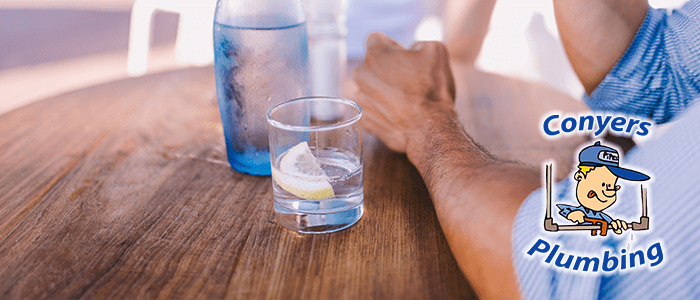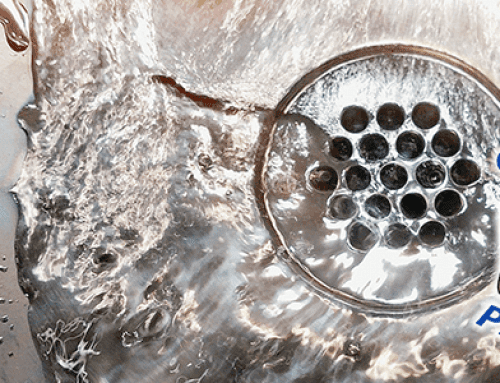Hard Water and Disadvantageous Effects
An unfortunate reality of plumbing is that not all water is of equal quality. Please take this into consideration; you might have seen it before… Maybe you struggle with getting your cleanser to work into foam as you wash your hands or clean the dishes. Perhaps, when you examine your kitchen, you’ve seen an unusual dry white substance on your fixtures. Maybe you’ve seen an eruption of a recurrent skin condition, or your child has grumbled with irritated or dry skin. With all these oddities stacking high, there’s an obvious culprit… Your home has mineral deposits in its’ supply.
Hard Water, What is It?
Firstly, if you have mineral deposits in your water, it is not inherently dangerous to the long-term health of humans. It might be a general inconvenience, but it’s mostly harmless. According to usgs.gov, “The simple definition of water hardness is the amount of dissolved calcium and magnesium in the water.” Coincidentally, calcium causes issues with most forms of soap. The cleanser responds with the calcium in your water (which is generally high) to form “soap scum.”
Soap scum causes those unsightly white stains on your glasses after they’ve been through the dishwasher. It’s a thin, white film of calcium that, while harmless, can make you feel that all your glassware is still dirty. While utilizing an affected supply, more cleanser or cleanser is expected to get things clean, be it your hands, hair, or clothing.
Can It Be Dangerous?
In general? Likely not. An affected supply isn’t intrinsically dangerous by any means to consume or utilize in their day-to-day lives. You might notice the worst effect is an unpleasant metallic taste from every glass. Though it can also strip hair and skin of oils that help protect it as well, lotion and better hair treatment can offset these effects rather easily.
Instead, it would be best if you were worrying more about your home instead of your family. While it does not affect humans to an extreme degree, it can wreak havoc on your plumbing fixtures.
Plumbing Effects
The biggest threat to your home is the damage that it can do to your expensive and essential water heater. Considering that your water heater is heating, reheating, then adding constant water into a tank – it can develop a film of ‘scale’ from the minerals in the water over time. This scale can cause overheating and other damage to your water heater. Likewise, hot water can cause that same scale to develop in plumbing, which can make it just a little harder to drain.
Conclusion
In conclusion, it is not inherently dangerous, but it can be costly for your home itself. Finding a solution now can save you money on repairs in the future. If you suspect you have mineral deposits, contact our plumbing specialists at Conyers Plumbing for the next steps in mitigating the risks or potentially filtering away all those minerals in your water. Your skin and dishware will thank you, and your skin will look better than ever.




